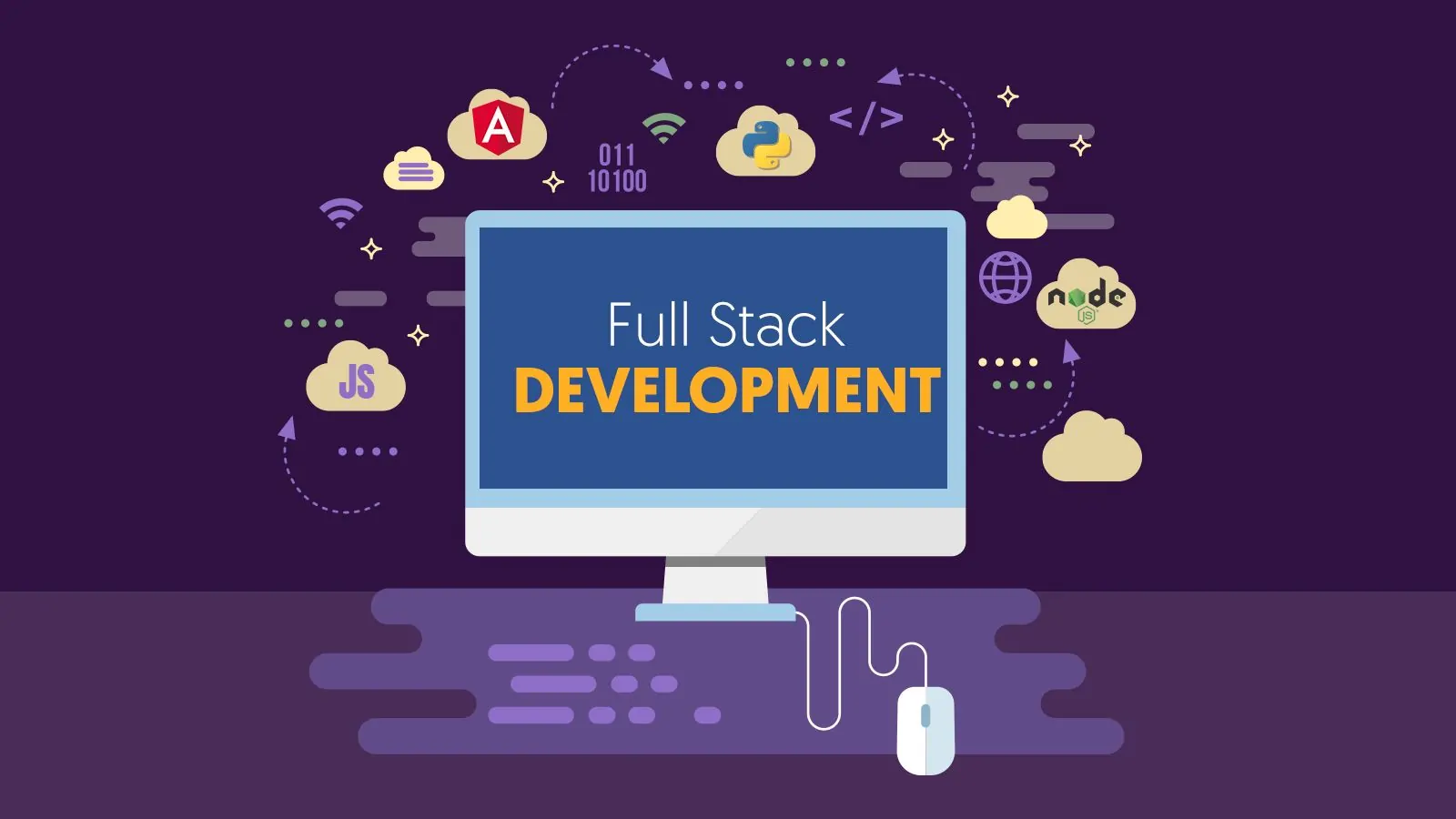Full-stack development is an excellent career path for freshers (entry-level developers) for several reasons. It offers a blend of versatility, high demand, and the opportunity to work with a wide range of technologies, making it a rewarding and fast-growing field. Here’s why full-stack development is a great choice for freshers:
1. High Demand for Full-Stack Developers
- Increased Demand: Full-stack developers are highly sought after because they can handle both the frontend and backend of a project. Many companies prefer to hire developers who can work across the entire stack, which makes full-stack developers versatile and more cost-effective.
- Variety of Industries: Full-stack developers are needed across multiple industries, from startups to large enterprises, making it easier for freshers to find job opportunities in tech, finance, healthcare, retail, and many other sectors.
2. Versatility and Skill Development
- Exposure to Multiple Technologies: As a full-stack developer, you will learn both frontend (HTML, CSS, JavaScript, React, Angular) and backend (Java, Python, Node.js, databases). This means you’ll be skilled in multiple areas, making you more adaptable and open to a wider range of projects.
- End-to-End Development: Full-stack developers are involved in the complete software development lifecycle, from designing user interfaces to managing databases and server-side logic. This broad exposure helps you gain a deeper understanding of how web applications work as a whole.
3. Career Growth and Opportunities
- Fast Career Advancement: Full-stack developers are usually given more responsibilities early in their careers, allowing them to quickly gain experience and move up the career ladder.
- Ability to Transition Between Roles: Since full-stack developers have skills in both frontend and backend development, they are often more flexible in transitioning between roles like frontend developer, backend developer, or even DevOps engineer.
- Entrepreneurial Opportunities: If you’re interested in starting your own business or freelancing, being a full-stack developer allows you to build complete applications on your own without relying on others for different components (frontend or backend).
4. Competitive Salaries
- High Earning Potential: Full-stack developers, especially those with strong skills, can command competitive salaries. As freshers grow in experience and proficiency, their salaries increase rapidly due to the demand for their broad skill set.
- Job Stability: Full-stack development remains a stable and high-demand career, which often translates into job security, especially for developers who keep learning and staying updated on the latest trends.
Know more- Full Stack Classes in Pune
5. Faster to Market for Projects
- One Developer, Multiple Roles: Freshers in full-stack development can handle a complete project from start to finish. This is especially valuable for smaller teams and startups where hiring specialists for both frontend and backend roles might not be feasible.
- Faster Development: Full-stack developers can quickly make changes across both ends of a project (frontend and backend) without waiting for separate teams to make updates, leading to faster development cycles and reduced communication delays.
6. Opportunities for Freelancing and Remote Work
- Remote Work Flexibility: The nature of full-stack development often allows developers to work remotely, which opens up global job opportunities. This can be especially attractive to freshers looking for flexibility or access to a wider job market.
- Freelancing: Full-stack developers are often well-suited for freelancing because they can build entire applications independently. With a broad skill set, you can take on a variety of projects, from simple websites to more complex applications, giving you freedom in choosing your workload and clients.
7. Building Strong Problem-Solving Skills
- End-to-End Problem Solving: As a full-stack developer, you’ll tackle a wide range of problems, both on the client side (frontend) and server side (backend). This problem-solving experience builds your critical thinking and troubleshooting skills, which are essential for career growth.
- Understanding Complex Systems: You’ll be able to see how every part of an application interacts with others, which improves your ability to debug, optimize performance, and design better architectures.
8. Continuous Learning and Innovation
- Exposure to New Technologies: Full-stack development requires knowledge of many technologies. This keeps the work interesting and ensures that you’ll continuously be learning new tools, languages, and frameworks as the industry evolves.
- Innovative Solutions: Full-stack developers often have the freedom to experiment with different tools and technologies to find the best solutions, which can be especially exciting for freshers eager to work with the latest trends in AI, cloud computing, blockchain, and IoT.
Know more- Full Stack Developer Course in Pune
9. Hands-On Experience Early On
- Practical Knowledge: Full-stack developers usually work on real projects from the beginning, gaining practical experience across both frontend and backend. This hands-on work accelerates learning and makes freshers more job-ready compared to other, more specialized roles that may focus on one side (frontend or backend).
- Portfolio Building: By working on complete projects, freshers can build a solid portfolio showcasing their end-to-end skills, which is essential when looking for job opportunities.
10. Collaboration and Teamwork
- Working with Cross-Functional Teams: Full-stack developers often collaborate with UI/UX designers, project managers, and other developers, improving your teamwork and communication skills.
- Leadership Opportunities: As freshers progress in their careers, the knowledge of both frontend and backend development makes them well-positioned to take on leadership roles in development teams, guiding both junior developers and the overall project direction.
Key Skills for Freshers in Full-Stack Development
- Frontend Technologies: HTML, CSS, JavaScript, React, Angular, Vue.js
- Backend Technologies: Node.js, Java, Python, Ruby, PHP, Spring Boot, Express.js
- Databases: SQL (MySQL, PostgreSQL), NoSQL (MongoDB, Firebase)
- Version Control: Git, GitHub, GitLab
- Deployment and Cloud: AWS, Google Cloud, Heroku, Docker
- APIs: RESTful APIs, GraphQL
- Testing: Unit testing, integration testing with tools like Jest, Mocha
Know more- Full Stack Training in Pune

